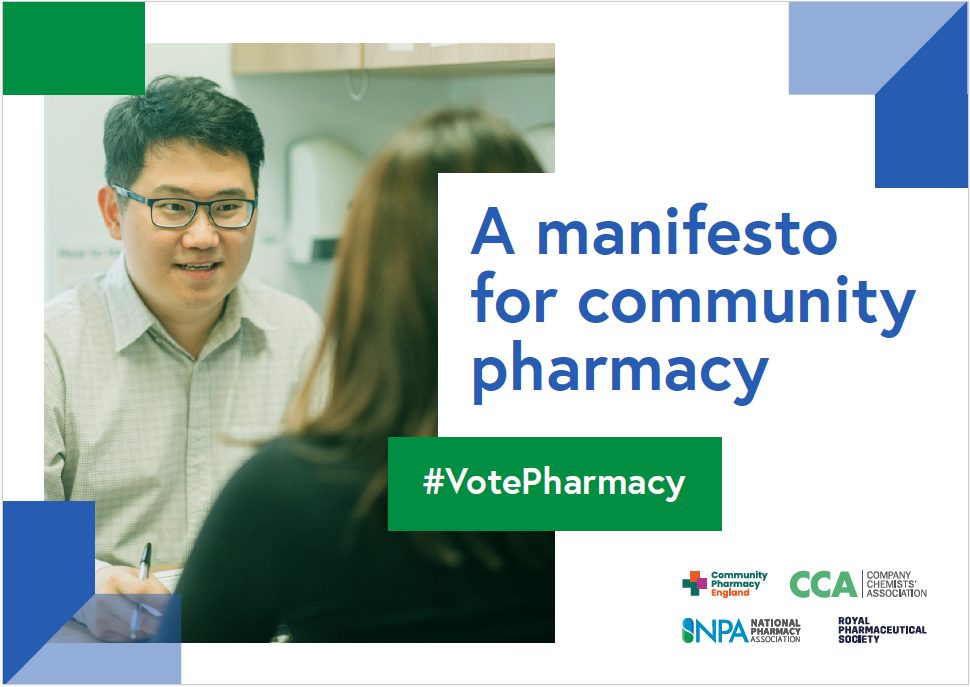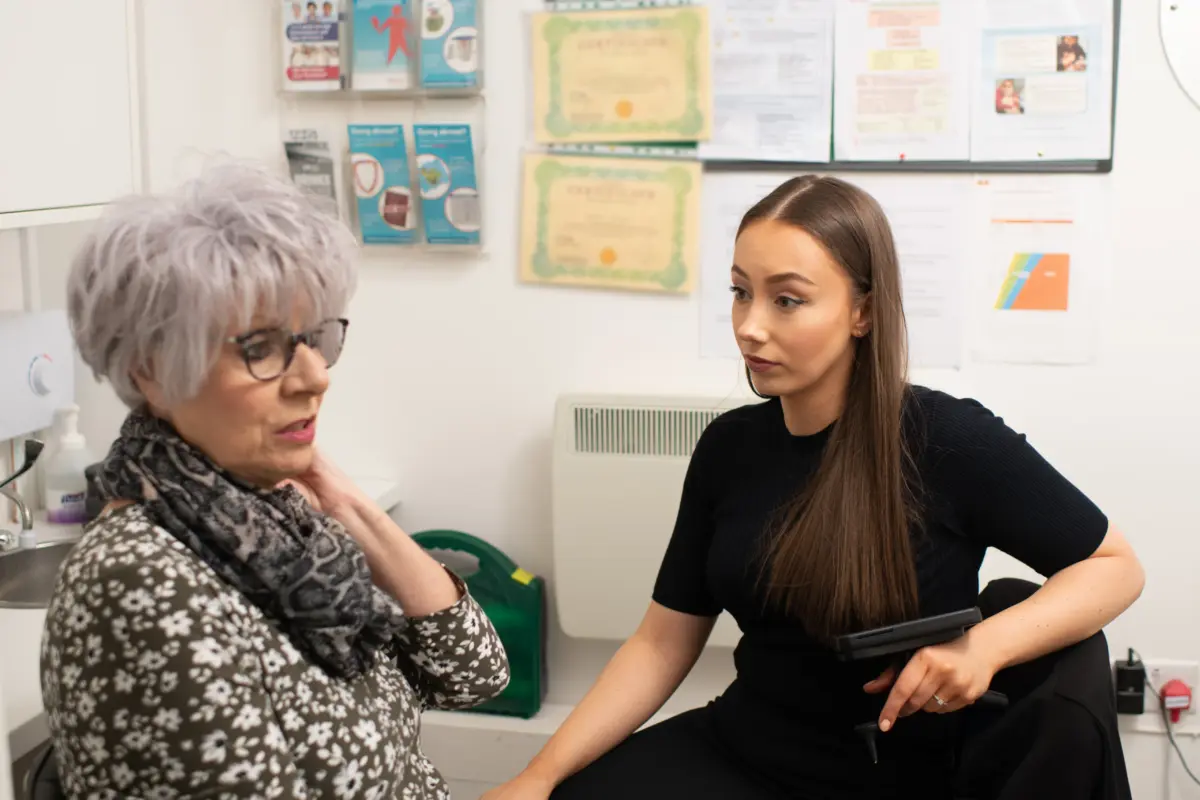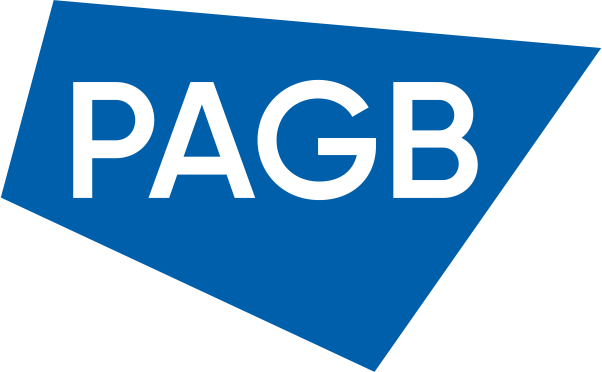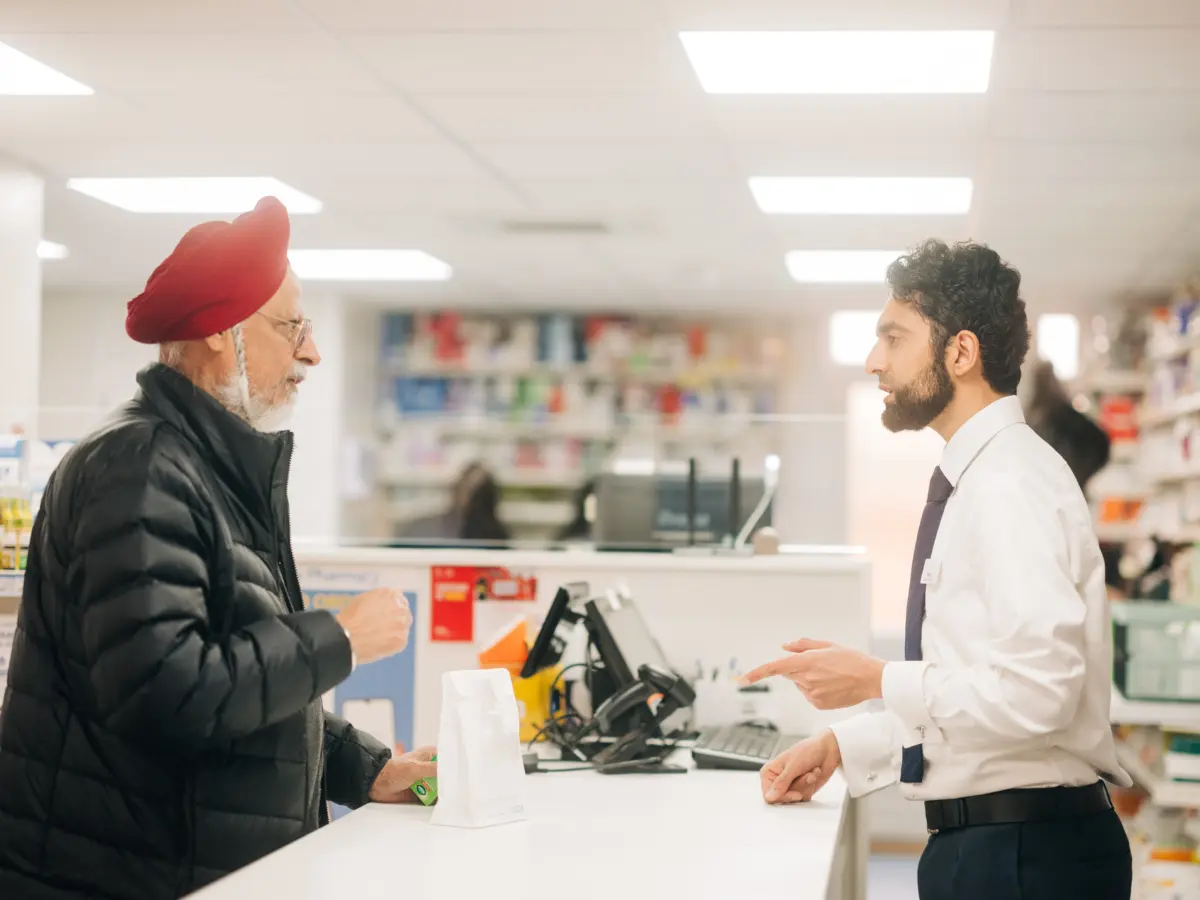Pharmacy London’s Alcohol Awareness Service
Published on: 3rd June 2014 | Updated on: 28th March 2022
The Community Pharmacy England Evidence Awards, which were supported by the Health Education Foundation, were held during the 2013 LPC Conference to further enhance the evidence base for locally commissioned services. From the many submissions, nine entries were shortlisted based on the evidence submitted, and LPC Conference delegates voted for the five winners from the shortlist.
Michael Levitan, Secretary of the Middlesex Group of LPCs, and Rekha Shah, Secretary of Kensington, Chelsea and Westminster LPC, tell us about the London Alcohol Awareness Service, which won an Evidence Award.
One of the most difficult tasks healthcare professionals face is getting patients to engage with public health initiatives. Alcohol awareness services in particular are viewed with suspicion because most people are unwilling to believe they drink more than the average. But Pharmacy London, a collaboration between all of the LPCs in London bar one, carried out a pilot using scratch cards between December 2012 and March 2013 that showed the difference pharmacies can make in this area.
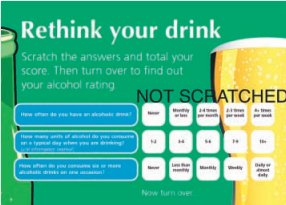
An example of the scratch cards used in the Alcohol Awareness Service
The scratch cards contained screening questions and a scoring system (using the AUDIT-C system) which allowed pharmacy staff to quickly identify people who had some level of alcohol misuse and to tailor the advice given accordingly. “This kind of informal approach is so different to what GPs do,” says Rekha. She believes the scratch cards make the whole process less intrusive, but patients can also take them away for family and friends, meaning more people can be reached.
The service was offered in 240 pharmacies across the capital and it involved everyone in the team: counter assistants handed out the cards; patients filled them in; and then the pharmacist gave advice and possibly referred to other healthcare professionals. When the whole pharmacy team is involved like this, it brings staff together and dilutes the workload.
Michael and Rekha believe that while the limited duration of the service helped entice support, it was the novelty of the idea itself that really helped inspire pharmacy teams and their patients. There was also of course the promise that if successful, the pilot could lead to something with funding attached.
The Alcohol Awareness Service in figuresNearly 26,000 scratch cards were offered to customers across London between December 2012 and March 2013 92% of scratch cards were completed there and then in the pharmacy 4 out of every 10 customers completing the scratch card recorded a score which indicated higher risk drinking 14 – 93 years old: the age range of customers who took part 41 was the average age of those who participated |
Although individual LPCs of course still have a role to play in maintaining direct links with pharmacies, Michael and Rekha believe that LPCs must work together on projects like these to remove “invisible boundaries” which can confuse patients and hinder access to services. “It means patients are hearing the same message across London, pharmacies are doing the same thing and it cements the image to commissioners who can then roll a service out on a larger scale.”
University College London carried out the evaluation of the pilot which found that the service had helped to identify thousands of patients who could be higher risk drinkers and was well received by patients. The report has already yielded some positive commissioning results as well as Brent and Harrow’s public health team have commissioned a version of the service.
Michael and Rekha are delighted with the results and the efforts of London pharmacies, and hope that other areas will find the scratch card concept a useful one when approaching public health teams. If you would like to help get the ball rolling for this or any other services in your area, your LPC’s contact details can be found via the LPC Portal at: lpc-online.org.uk.



